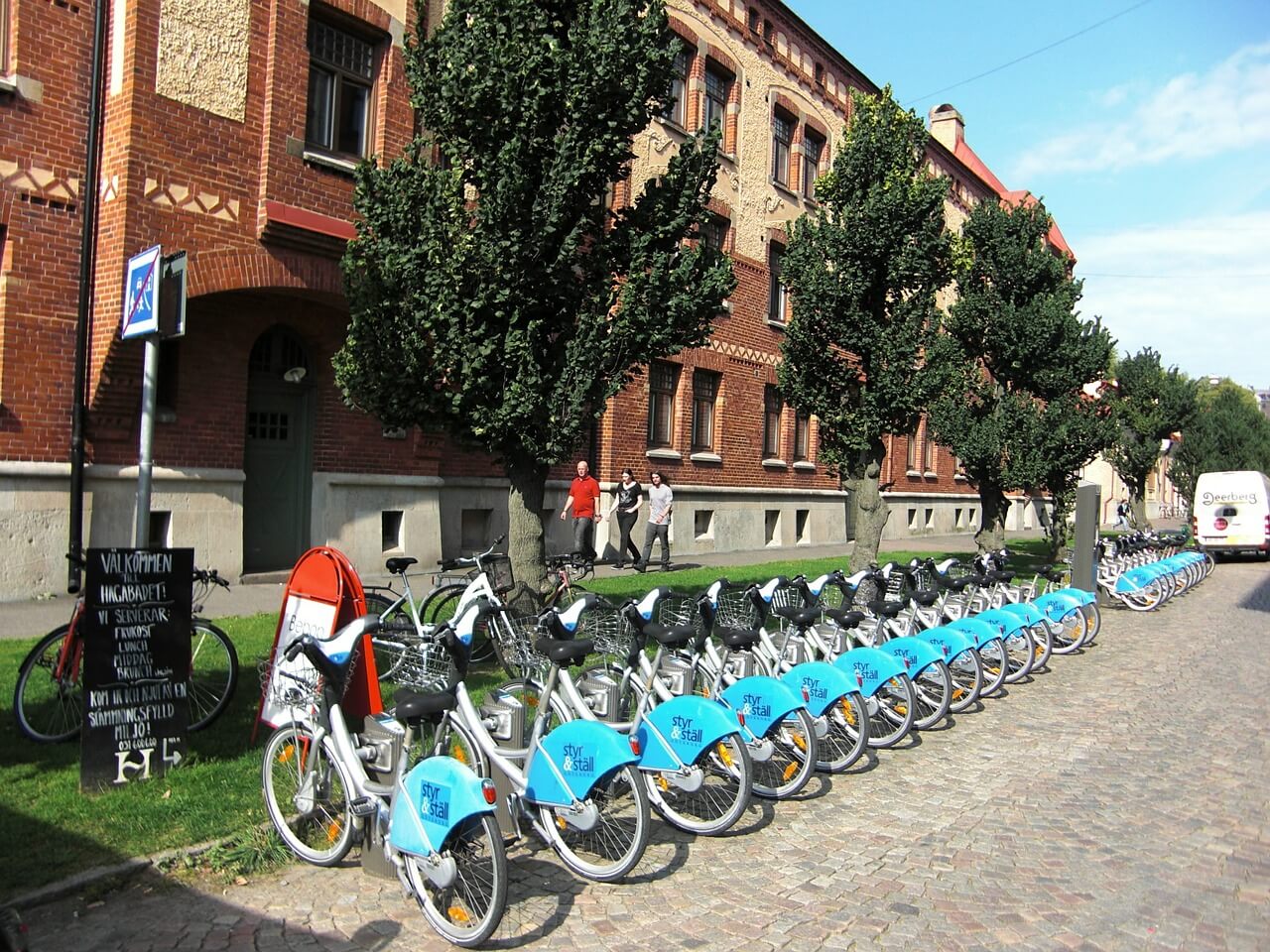What’s Old is New Again
For all of the buzz and excitement over this notion of a new “sharing economy,” the concept is not all new. Though today it is often associated with urban millennials using technology to score deals and go green, a sharing economy is just an old market concept that is enjoying a resurgence worthy of our attention. With the proliferation of smartphones, 18 to 35-year-olds care less about ownership and more about value. But will millennials dictate how society functions in the next five, 10, 40 years — is the sharing economy a passing fad or something that’s here to stay?
Some industries, from Wall Street to Main Street, have chosen to ignore the sharing economy, preferring to write it off as a more annoying trend than business truth. This is a mistake. I argue the sharing economy is as red, white and blue as apple pie and rooted in the fundamentals of capitalism at its best. May I borrow a cup of sugar to explain?
Sharing is in America’s DNA
One of the things that has made America’s economy so successful is responsible capitalism that makes more efficient use of existing resources. For centuries we have seen these two-sided markets where boarders find boarding houses, where visitors pay other private citizens to stow their horse or carriage, or travelers pay each other for transit. All that’s required to incentivize the sharing economy is the opportunity created by capacity and demand for that capacity.
A perfect example? The automobile and transportation industry. In the automobile’s earliest days, they were assembled by just a few craftsman one at a time. The process was a drain on two precious resources — time and money. It was Henry Ford who developed the idea of “sharing” responsibility and contribution to the assembly of the Model T in 1908. The result was a better and cheaper car that enabled more people to participate in the “American Dream” of the automobile.
In 1914, the Jitney concept was invented in Los Angeles, enabling people to share rides to get to work faster and cheaper with peer-to-peer rideshare. In 1944, Americans shared rides with carpools to eliminate empty seats on the road and save fuel to send to our troops to defeat Hitler. The concept of a shared ride evolved with the founding of Enterprise Rent-A-Car in the 1950’s, redefining the flexibility of car use.
Over the next couple decades, car financing and leasing would cause another evolution in transportation. Think about it, even if you “purchase” a car, the bank you pay actually owns the title. You’re just sharing it.
Smart Allocation of Resources
It would be impossible for us to all own one-each of everything. At the end of the day, we need to share the road to get where we need to go faster, cheaper and safely.
The car company owns the vehicle you lease. Avis owns the car you rent for the weekend. Zipcar owns the car you drive for a day. Car2go owns the car you drive for 20 minutes. A taxi company owns the car that gets you home safe on a Saturday night. The city owns the subway car you use to get to work. My company, RideScout, brings all those transportation options together so you can make a decision about how you get around.
And therein lies the definition of this sharing economy — use it when you need it and return it to market when you’re done. It really doesn’t matter why people use shared resources (environment vs. money) or how they use them (apps vs. storefronts), but it does matter that businesses are discounting this concept at their own peril.
The sharing economy is not new. But it is a smarter and more efficient way to allocate existing resources. And that’s something that all Americans — from Silicon Valley, to Wall Street to Main Street — can get behind.
*This article was first published by the Wall Street Journal on April 25, 2014.
Join the Catalyst Monitor
Join our community, where we push out regular insights to help maintain situational awareness on technological and socioeconomic trends.



